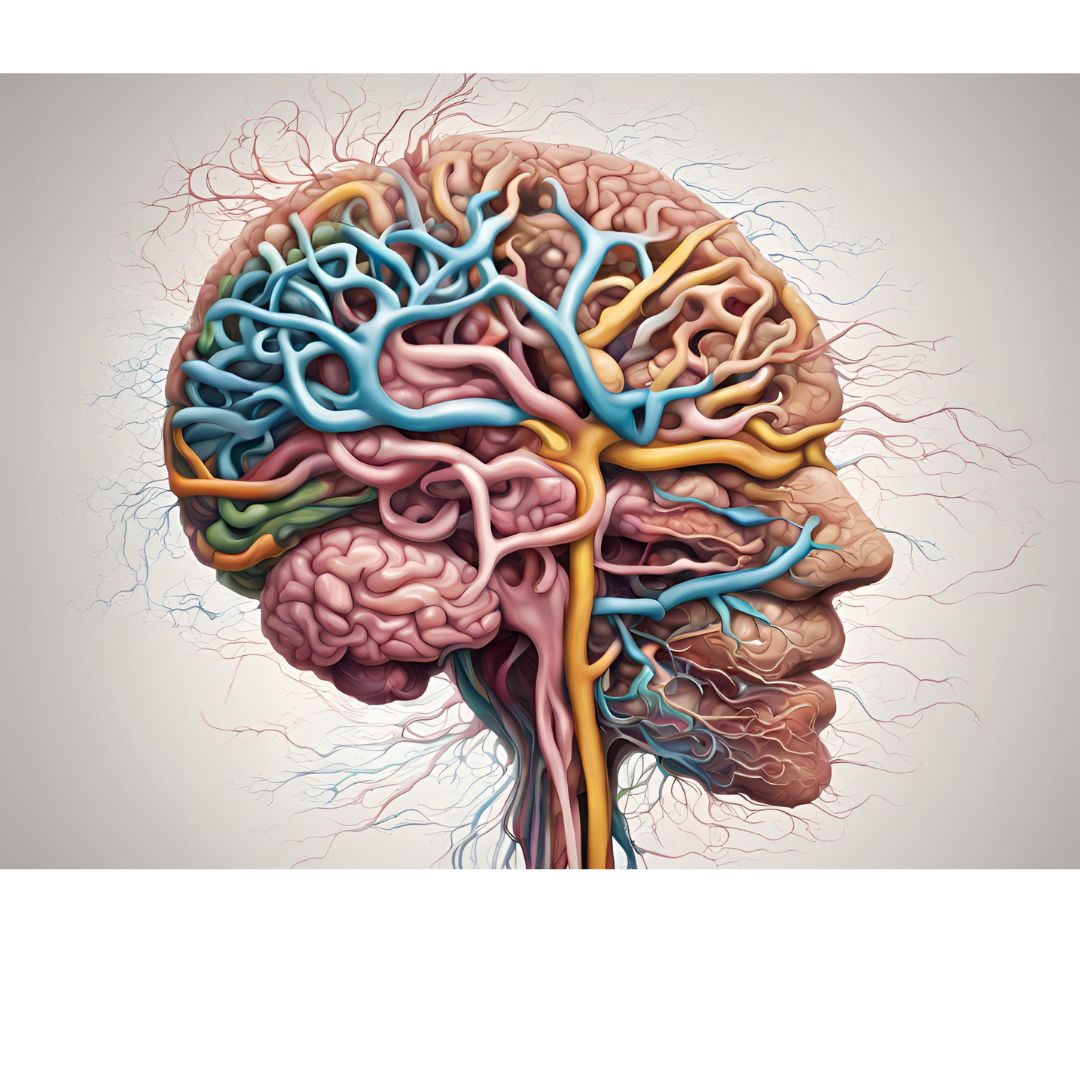Published: 6 months ago

Health
Summary
Mental health is an integral part of our overall well-being, yet it is often overlooked and stigmatized. The World Health Organization (WHO) estimates that globally, around 450 million people suffer from mental disorders. This number is expected to rise, with mental health conditions becoming one of the leading causes of ill-health worldwide by 2030.
Article
The impact of mental health issues extends far beyond the individual, affecting families, communities, and societies at large. According to the WHO, depression alone is the leading cause of disability worldwide, contributing significantly to the global burden of disease.
Stigma and discrimination surrounding mental health prevent many people from seeking help, leading to untreated conditions and unnecessary suffering. Lack of access to mental health services is also a major barrier, particularly in low- and middle-income countries where resources are limited.
The COVID-19 pandemic has further exacerbated mental health challenges, with increased levels of anxiety, depression, and stress reported globally. The pandemic has highlighted the need for greater investment in mental health services and support systems.
Addressing mental health requires a holistic approach that addresses both prevention and treatment. This includes promoting mental health literacy, reducing stigma, and ensuring access to quality mental health care for all.
Individuals can also take steps to improve their mental well-being, such as maintaining a healthy lifestyle, seeking social support, and practicing mindfulness and relaxation techniques. By prioritizing mental health, we can create a more compassionate and resilient society for everyone.
Key Facts:
- Globally, around 450 million people suffer from mental disorders.
- Depression is the leading cause of disability worldwide.
- Mental health conditions are expected to become one of the leading causes of ill-health worldwide by 2030.
No opinions exist on this article yet!
Be the first one to share an opinion on this article.
This article does not have any attachments.
No Access
Share access to start recording your opinion










